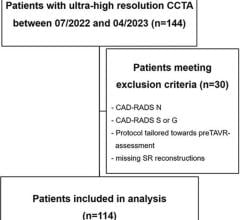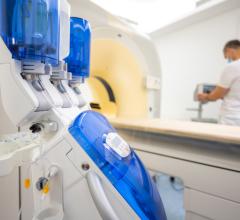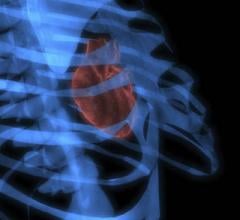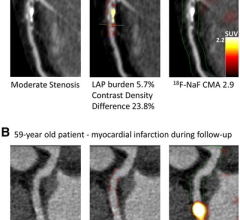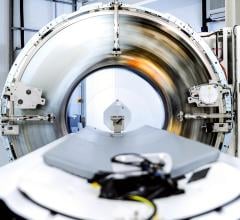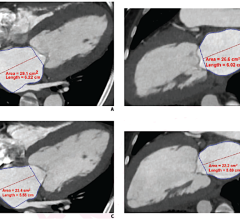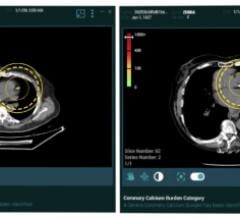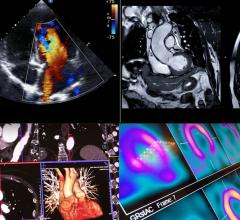June 2, 2008 - Computed tomography angiography (CTA) offers a way to more quickly and cost effectively identify patients at low-risk of cardiac problems like the blocked arteries that lead to heart attacks, according to new University of Pennsylvania School of Medicine research.
New research, presented by Anna Marie Chang, M.D., a physician in Penn's department of Emergency Medicine, at the annual meeting of the Society for Academic Emergency Medicine, on Thursday, May 29, 2008, in Washington, D.C., shows that CTA could be more effective than stress tests in diagnosing acute coronary syndromes.
Dr. Chang and her colleagues studied 568 Hospital of the University of Pennsylvania chest pain patients who were screened for acute coronary syndromes using high-resolution CT scans (CT angiography, or CTA). Negative scans - those showing no evidence of dangerous blockages in the coronary arteries - were found to be an accurate, quick method of identifying patients who are safe to be immediately discharged from the emergency department.
Thirty days after leaving the hospital, no patients in the study group who had negative CTAs died from cardiac related causes, had heart attacks or required the placement of cardiac stents to open blocked arteries. Previous studies, by comparison, have shown that stress testing - the traditional screening method - is associated with a high rate of return emergency room visits and hospital admissions.
Chang will also present findings showing that CTA is the quickest and least expensive way to identify patients at low risk of cardiac problems. Among 643 patients studied - split into groups which received immediate CTA, CTA following time in an observation unit, stress tests or telemetry monitoring following admission to the hospital - costs of care for CTA patients were less than half that of those who received the other tests.
CTA has been the subject of debate within the Center for Medicare and Medicaid Services, which has yet to make a decision on whether to pay for the test in emergency room settings. Costs for patients who received immediate CTA in the emergency department averaged about $1,240, while costs of stress testing and telemetry monitoring topped $4,000 for each patient. CTA also helped get low-risk chest pain patients home faster, potentially reducing emergency room crowding - study patients who received immediate CTA were discharged after an average of 8 hours, compared to more than 24 hours for those who received stress tests or were admitted for telemetry monitoring.
For more information: www.uphs.upenn.edu

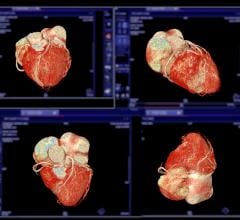
 March 07, 2024
March 07, 2024 
